You're up all night thinking about being cheated on and these thoughts are consuming your day-to-day life!
You're overthinking and want to get this off your mind but aren't sure how.
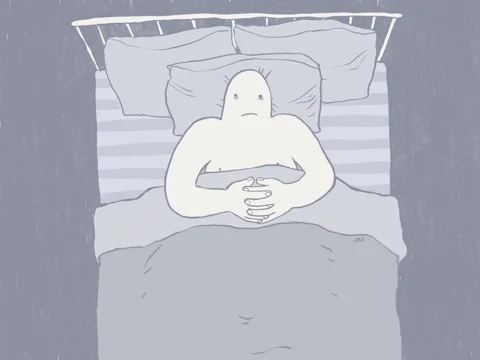
On average, we could have around 6.5 thoughts per minute, which equals to almost 6,200 thoughts a day.
This means you could be thinking about being cheated on very often throughout your day.
Understand why you're overthinking and how to build effective coping strategies to free your mind!
What is overthinking?
Overthinking happens when you're constantly stuck on the same thought or situation in your head. You could be replaying this thought or situation over and over in your mind until it starts to have an impact on your everyday tasks.
Overthinking can be divided into two categories:
1. Overthinking about the past.
2. Overthinking about the future.
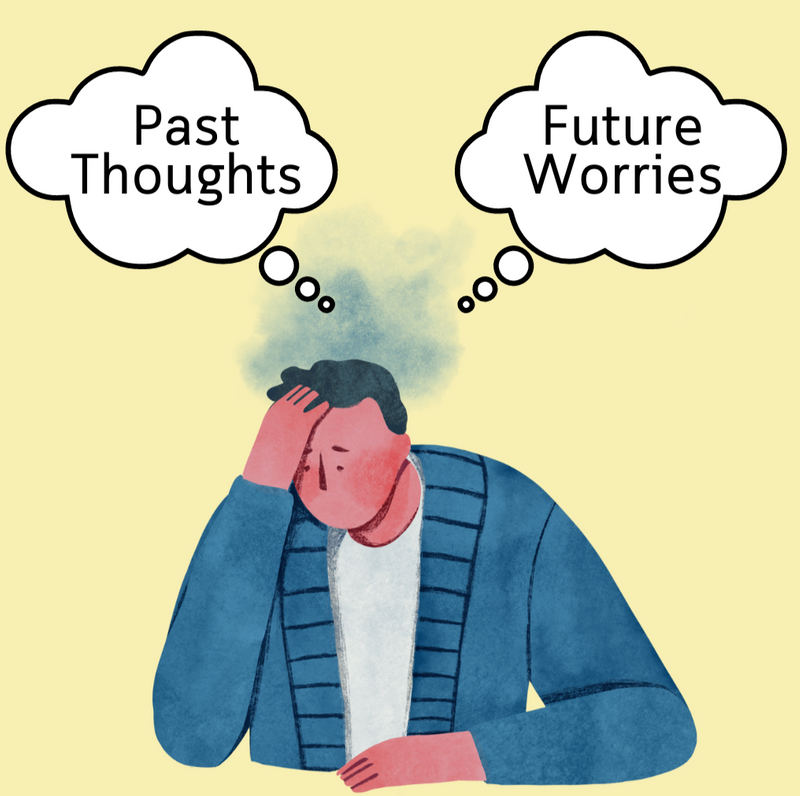 Image created by the author via Canva
Image created by the author via Canva
Why do we overthink after being cheated on?
Overthinking after being cheated on is very common. You may be overthinking because you feel hurt and betrayed, which is a normal response to the trauma you experienced.
How being cheated on can impact confidence and self-esteem:
It can make you question your self-image and self-worth.
It can impact your ability to trust in future relationships.
It can make you feel more anxious or depressed.
You may be constantly seeking approval.

Quiz
Sasha has been cheated on for the first time by her partner. They've been together for 4 years. She notices several changes in her emotional state after finding out. Which of the following changes is Sarah LEAST likely to experience?
Techniques to stop overthinking
You find yourself overthinking about your last relationship, now you may be wondering, "How can I stop or reduce my thoughts?"
Here are some strategies that can help!
Seek support from close friends or family. This can be helpful when trying to process what has happened! It's also good to get things off your chest.

Practice mindfulness activities such as meditation, mindful eating, or nature walks. To learn more, check out this Byte: What is mindfulness?
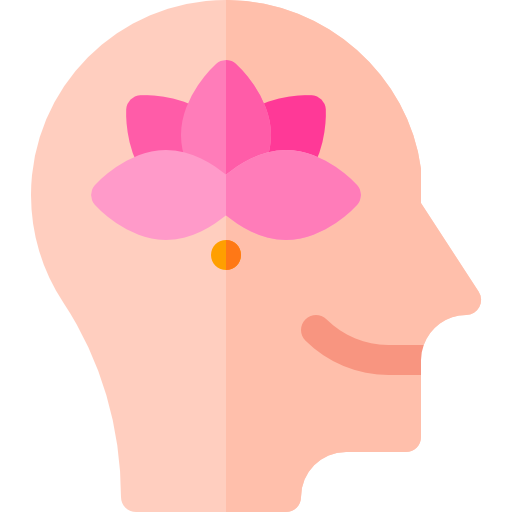
Implement deep breathing exercises into your daily routine. This can help lower your stress levels as deep breathing sends signals to your brain to relax.

Take the time to process your emotions. It may be hard to accept but you will need time to process. Try and set aside a few minutes every day to process your emotions.

Get active! Try yoga or go to the gym. Physical activity can increase the "feel good" chemicals in your brain, which can relieve symptoms of depression and anxiety.

Get creative! Whether that be with arts, music, or anything you can imagine. Creativity can help redirect your negative thoughts into more positive ones.

7. Try journaling! Writing down your thoughts can be helpful instead of keeping it all in your head.

Quiz
Thomas is overthinking about his past relationship that ended with him being cheated on. He is constantly replaying the situation in his head! What is something he can do to help clear his mind. Select all that apply:
Establish healthy coping strategies
You can't make yourself stop thinking but there are healthy ways of reducing the overwhelming thoughts of anxiety, jealousy, and sadness.

Establishing healthy coping strategies is important as overthinking can lead to negative and destructive paths.
Healthy ways to cope:
Take a break from social media. Social media can amplify your thoughts.
Avoid thinking of "what if" situations. You can't control the past. Replaying situations in your head will not change the future.
Don't blame yourself! While people cheat for certain reasons, know that it's never your fault!
Practice self-care. Self-care can help reduce anxiety and stress, improve energy, and increase happiness.
If thoughts become too overwhelming, seek professional support!
Whether that be individual therapy or couples therapy, professional support can help you change your mindset and incorporate strategies that you may not have previously thought of.
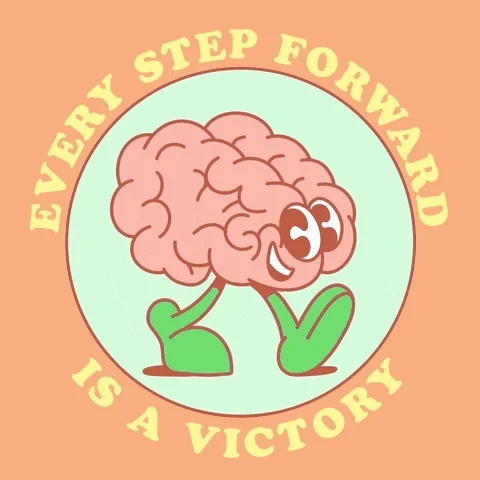
A postive outlook
Remember to focus on YOUR needs!
Set personal goals, think about your values, and think of ways that you want to grow. Writing your goals down will help you visualize.
Examples of personal goals:
"I will journal for 15 minutes every night to help process my emotions."
"I will reach out to a friend for support 3 times per week."
"I will attend a therapy session once a week."
Positive affirmations can be a great way to fight low self-esteem.
Examples of positive affirmations:
"I am beautiful inside and out."
"I am worthy of love."
"I deserve to be treated with honesty and kindness."
 Photo by Amanda Jones on Unsplash
Photo by Amanda Jones on UnsplashTake Action
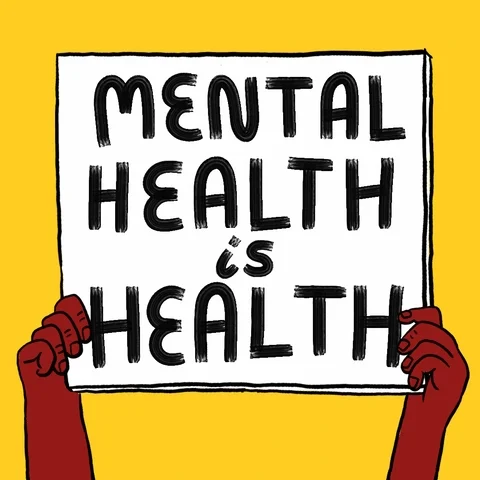
Your feedback matters to us.
This Byte helped me better understand the topic.
